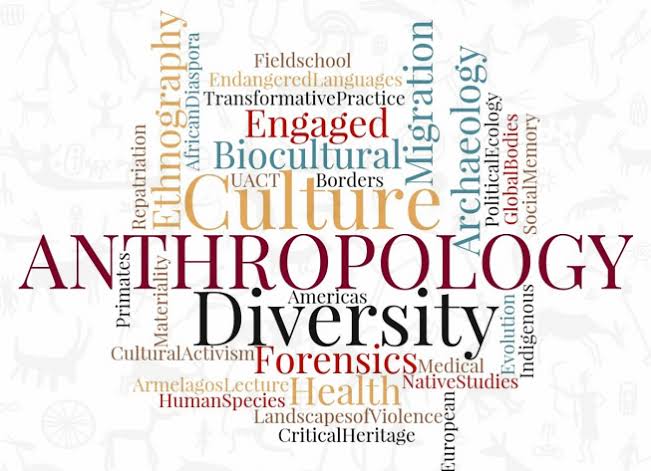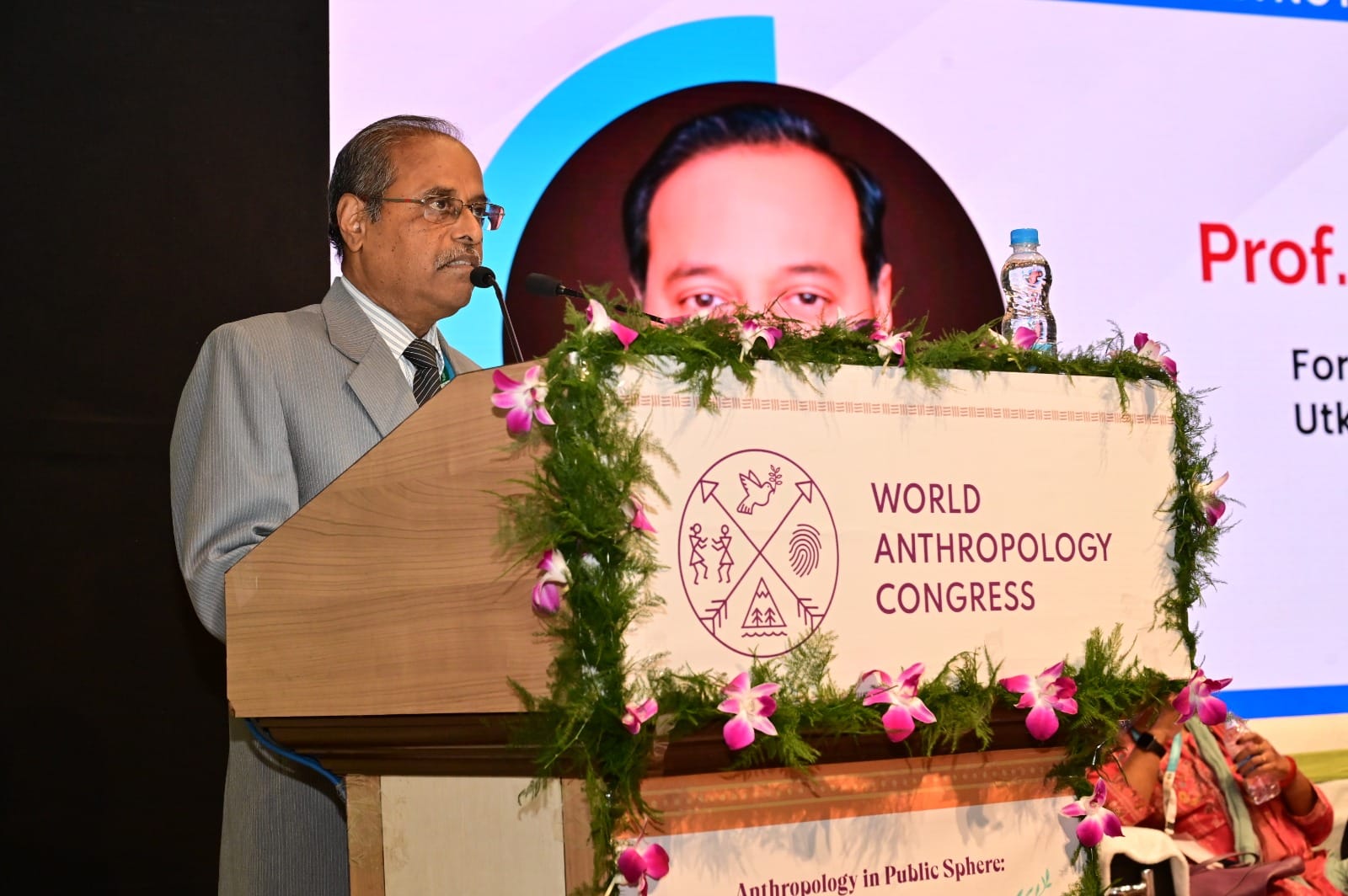Dr. Shalina Mehta,
Professor of Social and Cultural Anthropology
Former Chairperson, Department of Anthropology
Panjab University, Chandigarh
Indian anthropology has traversed many milestones since its beginning as a colonial enterprise in the last decades of the 18th Century to emerging as a champion of humanism, peace, liberty and pluralism in the 21st century. On 15th January 1784, with the foundation of the Asiatic society of Bengal, emerged the idea of Oriental research. India’s rich cultural, religious and linguistic diversity, ancient civilizational heritage, distinct social systems and its vast body of unmapped ethnic and Adivasi populations became a living laboratory for western explorers and administrators. Some of the most accomplished names in the chronicles of anthropology from Radcliffe-Brown, W.H. R. Rivers, J.H. Hutton, H.H. Risely, Verrier Elwin, Stephen Fuchs, Christoph von Fürer-Haimendorf, Louis Dumont and many others evolved their academic moorings on this landscape. While these writings gained prominence, a very vibrant Indian anthropology was constructing its sovereign dialogical discourse. Even before the first formal independent department of anthropology came up in 1921 at Kolkata University, Anthropology was introduced in the university in 1918 as part of the curriculum of Ancient history and culture, under the guidance of L.K. Ananthakrishna Iyer (1861-1937). He remained chair of the first department of anthropology from 1921-1932 and published extensively on the Hill Tribes. Some of his frequently cited publications include Castes and Tribes of Mysore, and Castes and Tribes of Cochin.
Indian anthropology started crafting its independent history from the beginning of the discipline. S.C. Roy (1871-1942), B.S. Guha (1894-1961), K.P. Chattopadhyay (1897-1963), Tarak Chandra Das (1898-1964), Nirmal Kumar Bose (1901-72), Iravati Karve (1905- 1970), D.N. Majumdar (1903-1960), A. Aiyappan (1905-1988) and many others scripted the history of humanistic and public anthropology in India. The first journal in anthropology called Man in India was published in 1921 and sustained its visibility and importance amidst scores of other national and international journals on the subject, published in India and other parts of the World. Anthropologists in India continue their tradition of writing against oppression, entrenched hierarchies and threats to fragile ecology from anthropogenic forces to name just a few areas. They are pillars to the foundations of humane, holistic and eclectic field-based ethnography integral to planning and policy development.
The galaxy of scholars that post-independence India has produced would require an independent section. Many of them have initially trained in India have moved to other parts of the World and made immense contributions to anthropological theory and methodology. But most others, scholars like M.N. Srinivas, L.P. Vidyarthi, H. D. Sankalia, L. K. Mahapatra, S.C. Dube, Leela Dube, I.P. Singh, B.M. Das, SRK Chopra, B. K. Roy Burman and scores of others, have left behind an indelible mark on the way anthropology is taught and fostered in our academic and other institutions. Many contemporary renowned scholars from the country are making significant contributions to ironing out fissures in the social fabric of India. Their research and teachings are contributing towards finding answers and shaping policy decisions to eradicate poverty, to plan interventions in human behaviour related to epidemics and pandemics like HIV/AIDS and now Covid-19; to resolve identity tensions, to pave the path to equitable social development and many other areas of contemporary relevance to make India a just and happy society.
Post-Independence India has diligently carved a niche for a vibrant tradition of the discipline building more than thirty post-graduate independent departments with state-of-the-art research facilities in biological, archaeological, socio-cultural and linguistic anthropology. The subject is taught in several colleges and has recently become part of the school curriculum in certain states of the country. The Anthropological Survey of India (AnSI) was established in 1945 in Varanasi, and after India’s independence, its headquarter was moved to the Indian Museum at Kolkata in 1948. The Asiatic society and Anthropological Survey of India (AnSI) along with Archaeological survey of India (ASI) has documented several decades of India’s vibrant ethnic and cultural diversity alongside its prehistoric and historic journey. AnSI has compiled voluminous data on the People of India. Rich ethnographies of 4694 communities were published in 43 volumes under the leadership of its former Director General, Late K.S. Singh. It has enriched colossal ethnographic and biological wealth of the country. Most recently, AnSI has published an excellent pictorial book on the people of the Andaman and Nicobar Islands under the able guidance of its former Director, Late Vinay Kumar Srivastava (1952-2020) – a doyen of the discipline whose early death has left a huge void behind.
AnSI ,and 25 other tribal research institutes, are making extraordinary efforts to provide policy interventions with inputs from the grassroots. The first of these groups was started in the State of Odisha in the year 1952. India’s 8.6% Adivasi population is standing on the cusp of change. Many of them have had access to education and exposure to mobile technology and, are at this point in time, reflecting on their journeys. They are active participants in the processes of political mobilization and social development. Some of them are managing independent non-government organizations and disseminating awareness for greater participation in the democratic processes. Anthropologists in India are also actively engaged in the pursuit of their disciplinary interests in many associations, such as INCAA, ASI, JAA, SIMA, MAAS etc. Most of them organise annual meetings and have publications. During the Covid-19 lockdown most academic communications went on-line. The United Indian Anthropology Forum (UIAF) emerged as a major umbrella organization bringing voices of anthropologists from India and other parts of the world in its regular series of webinars that have gained immense popularity. In a short span it has conducted eighteen webinars and invited lectures on different themes, including Indigenous communities and formal education in a changing World, Multiculturalism, Anthropology of the subaltern and the Marginalised, Anthropological perspectives in Policy formulation: Impact and implications, Ethnographic studies on Indian diaspora to name just a few (for details please visit UIAF website https://www.anthropologyindiaforum.org).
India’s rich cultural heritage and diversity is captured and reflected in the proud collections of various museums including the famous live cultural complex the Indira Gandhi Rashtriya Manav Sangrahalya located at Bhopal, Madhya Pradesh. International delegates visiting India for deliberations in this vital meeting to discuss Anthropology in the Public sphere, Global Peace and Development are invited to visit these premium institutes and experience, first-hand, India’s enriched academic legacy in the discipline of anthropology. Ethno-archaeological sites like Bhimbetka would be of special interest to delegates visiting Bhopal.
India is home to Buddha, Gandhi and the champion of equality and human rights, B.R. Ambedkar.
The Indian tradition of Anthropology symbolizes their philosophy of peace, equality and human rights with humanism at its core. Issues of poverty, climate change, water scarcity and impending water wars, future food security – an eminent threat due to climate change, rising urbanization and changing land use patterns, growing threat of epidemics and pandemics, territorial warfare, crisis of migration and closed borders, cyber security threats in the era of open borders – are some of the urgent challenges confronting humanity, seeking urgent consideration! It is time for us to put together our experiential knowledge, share it with other domain experts from various specializations to find probable answers and strategies for immediate course-correction.
The World Anthropology Congress 2023 provides a platform not only for anthropologists but also for political scientist, sociologists, experts in geo-politics and international relations, students of conflict management, peace activists and numerous international professionals to come together and synergize, as they look for the answers together.
We, the fraternity of anthropology, know that there is really no substitute for face-to-face interaction for extensive deliberations. We hope and pray, the world order would normalize by January 2023 to give us the opportunity to welcome you to the heritage city of Bhubaneswar and accord you widely acclaimed Indian hospitality.






